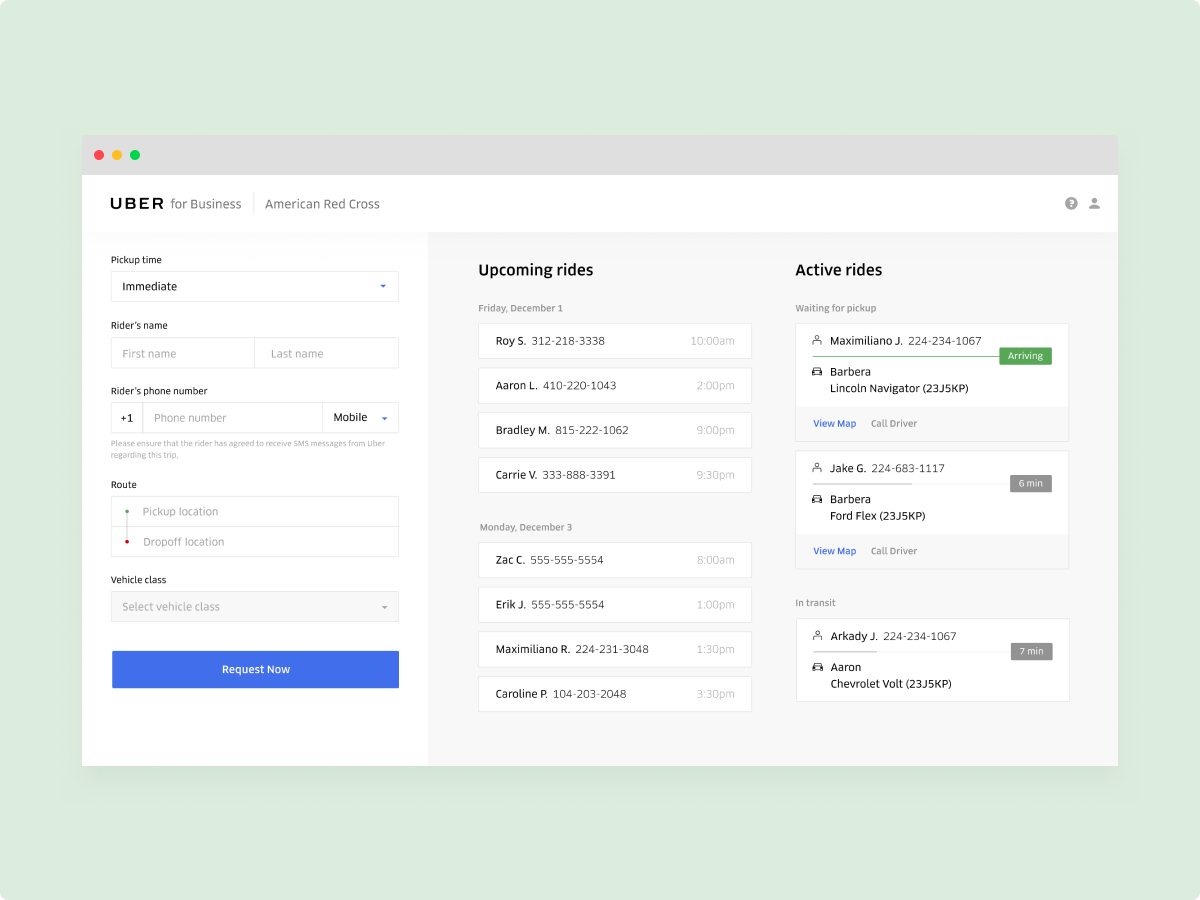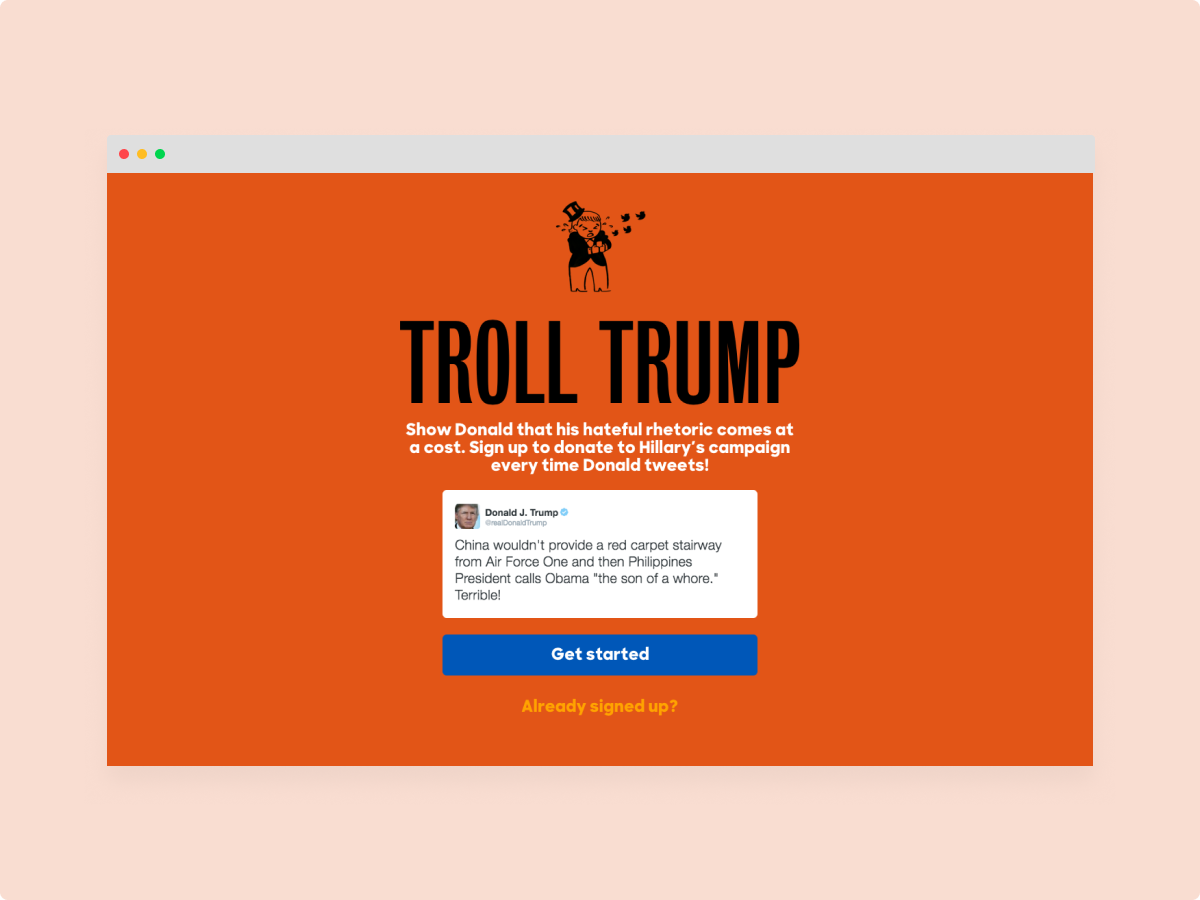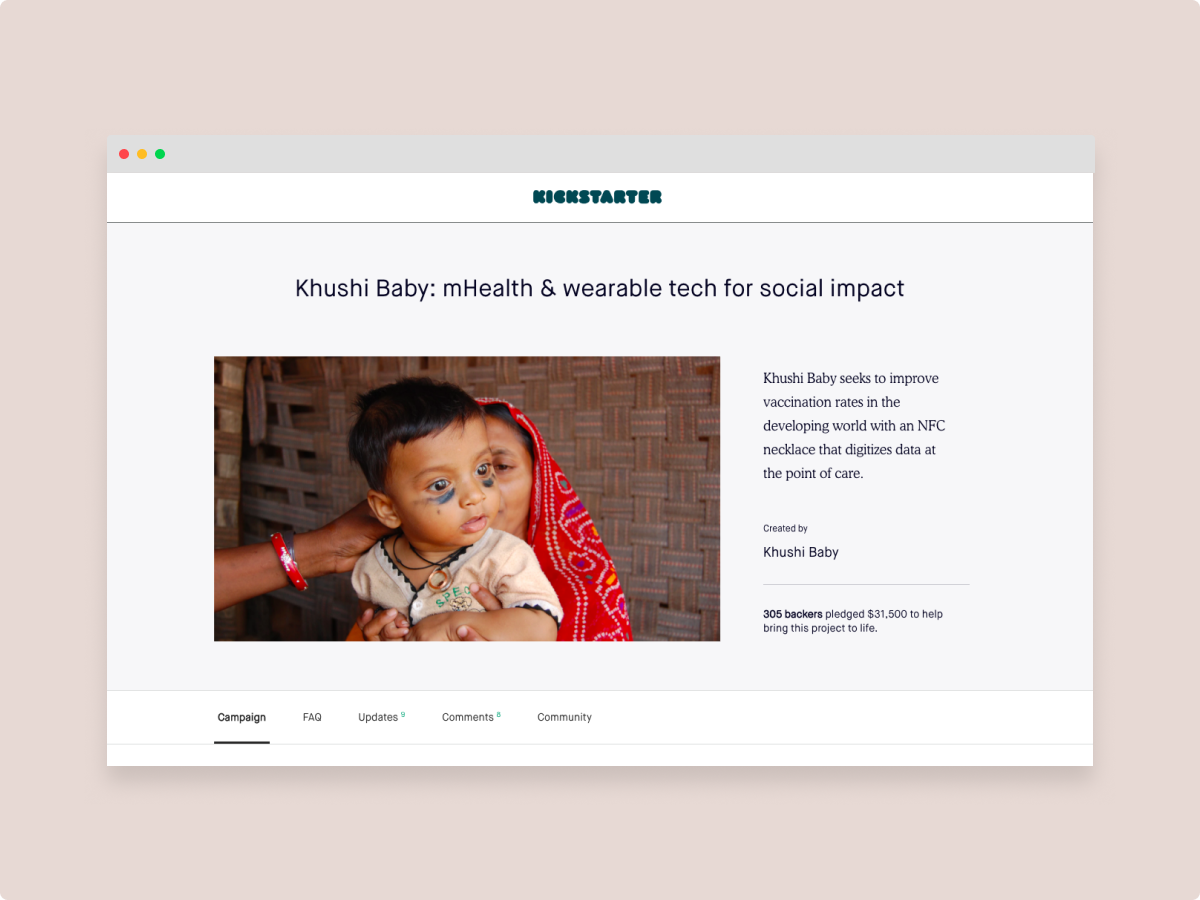AZL.HOME
Cheers from Washington, D.C • When you cut up the present, the future leaks out

Hello,
Sup?
Thanks for stopping by my corner of the internet. Here's a bit 'bout me.
-
My name is Aaron Z. Lewis. I'm designing digital products and writing about the feedback loops between our media ecology, our psyches, and our culture. I studied cognitive psychology and computer science at Yale and dabbled in political philosophy on the side. I've worked as an interface designer for Hillary Clinton's 2016 presidential campaign, Uber, and various small startups. I've also spent some time as a ghost writer for the Illinois State Treasurer and as a Design Fellow at Kleiner Perkins and True Ventures. In a past life, I was a professional classical guitarist and one-half of the award winning Lewis Duo. Now I'm focused on X-raying the media environments we take for granted and making the familiar feel new again. If you want me to keep you posted, sign up for every-once-in-a-while emails about my writings and rabbit holes.
-
Dear Grandma, glad you made it here. I know it's kind of hard to understand what I do all day, so here's the gist: I'm basically the person in charge of making sure that your computer programs and web sites are easy to use. My kind of design is sort of like your quilting process, but on a screen — moving shapes around until everything fits just right.
I also write things that get read by random strangers on the internet. Most of my articles are about how modern technology is changing the way we relate to each other and to the world. But sometimes I look back on the effects of inventions that were introduced back in your day: radio, TV, telegraph (just kidding, you're not *that* old). It boggles my mind to think about how many media revolutions you've experienced over the last few decades. This one can be disorienting at times, but let's figure out how to navigate it together. -
I often get asked where I'm from. Like, where I'm from from. I'm the product of a very unlikely mash-up of cultures and religious traditions. My grandpa was a child of the Deep South who traveled to New York at a young age and became the first black UPS driver in the state. My grandma ran her own beauty shop. On the other side of the family, my grandparents were Russian Jews who owned a furniture store in downtown Chicago. My parents found each other in spite of their very different upbringings and brought me into the world. For my whole life, I've been straddling cultural boundaries and trying to integrate traditions that don't often find themselves in the same body. Black, white, Christian, Jewish, queer — I am all of these things and a whole lot more. My hope is to translate between these worlds, help them understand each other, and begin cultivating communities of care.

Research constellations
A (forever) work-in-progress collection of the themes I'm gazing at. If you have ideas or contributions or questions, please feel free to reach out. I'm always looking for more collaborators. Last updated October 2020.
✦ 01 Conversational choreography
Our environments are extensions of our minds. How might we design spaces and rituals that help us dance more smoothly and creatively with each other's ideas?
✦ 02 Psychological supply chains
The Cloud is made of rare earth. Digital memory is material. Every time we go online, we plug into an infrastructure that covers the surface of the earth (and extends into its depths). How might we reconnect to the materiality of cyberspace and the systems that sustain it?
✦ 03 Digital localism
Fandom and cosplay are eating the world. Many people feel more invested in their virtual communities than their state or country. What can we learn from digital communities to help re-animate our geographic contexts and neighborhoods?
✦ 04 Meme medics
What would it look like if there were medics or healers on the battlefield of the information war? How might we help people navigate this confusing age of technologically-mediated psychological warfare?
✦ 05 New time machines working group
Politics is the art and science of designing the time machines that we inhabit. "Perhaps one theory of political change", says Kei Kreutler, "lies in a transformation of the quality of time: not whether, but which and whose, watches we consult."
✦ 06 Media theology
There's a tight feedback loop between the media technologies we create and the "gods" we believe in. In the beginning was the Word. Now, the Singularity. How can we contextualize tech's quest for transcendence in the broader history of religion?
✦ 07 Wtf is digital selfhood?
Digital media is dissolving the boundaries of private identity and enabling the creation of weird new subjectivities. Meme consciosuness. VR consciousness. We all manage a suite of externalized selves. How should traditional ideas from psychology be re-imagined for the digital age?
Design projects
A selection of projects I've worked on from 2014 - 2020. I like to wear a lot of different hats, everything from UX research to prototyping to visual design to product strategy.
Branch.vote
How can we make local elections more accessible?
A podcast platform that makes it easy to listen to conversations with candidates from your community and keep track of who you support.
ux research • copywriting • product design lead

Hillary for America
How can we help volunteers discover easy & impactful ways to get involved?
A volunteer signup site that scheduled ~30,000 shifts during the final weeks of the campaign.
ux research • product design

Uber for Business
How can we empower organizations to transport underserved communities?
A web app that allows organizations to arrange transportation for customers and patients who don’t have smartphones.
product design lead • ux research

Hillary for America
How can we make it fun to donate to a political campaign?
A site where Hillary donors signed up to automatically contribute to the campaign every time Trump tweeted. As seen on CNN, AdWeek, and Mashable.
product design lead • ux research • copywriting

Khushi Baby
How can we improve vaccination records in the developing world?
A successful $31,000 Kickstarter campaign for an NFC necklace that makes it easy to store and retrieve digital vaccination data. As seen on NPR.
campaign management • copywriting
